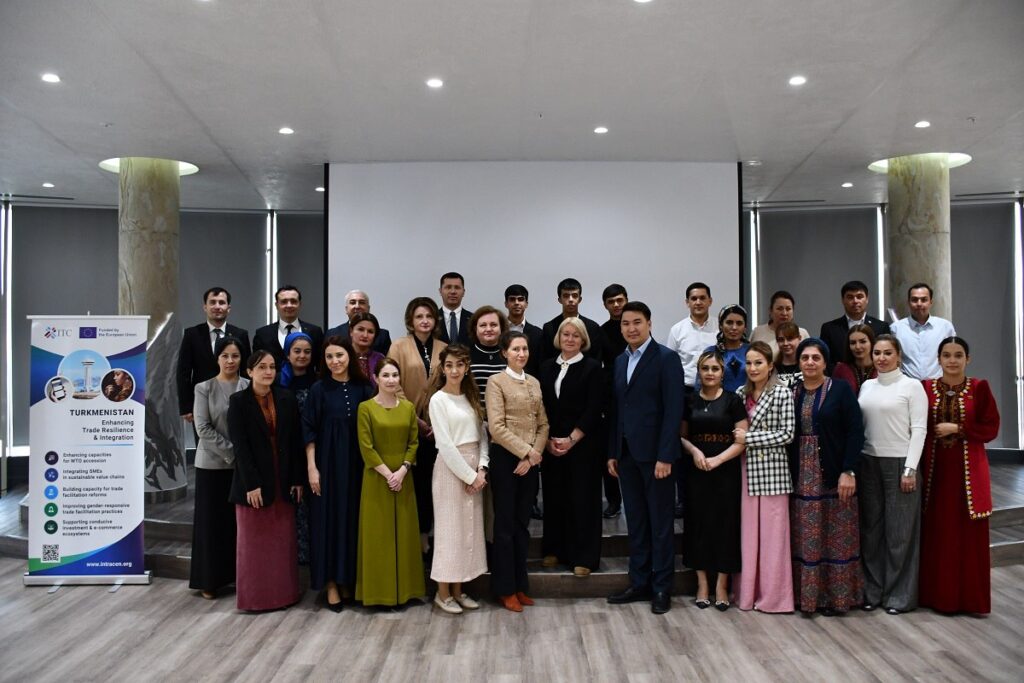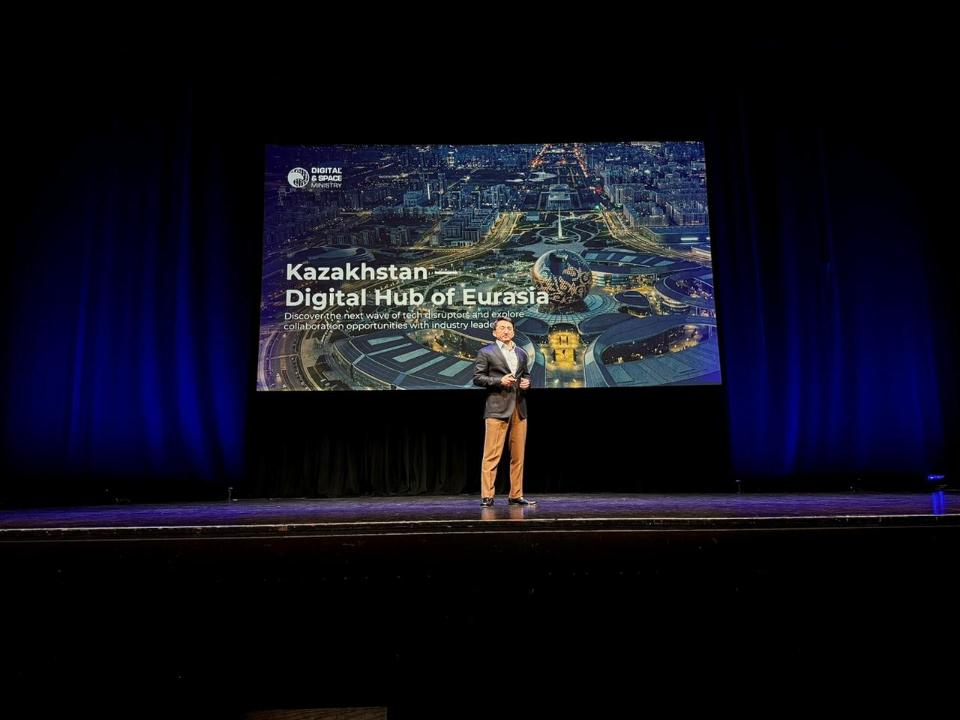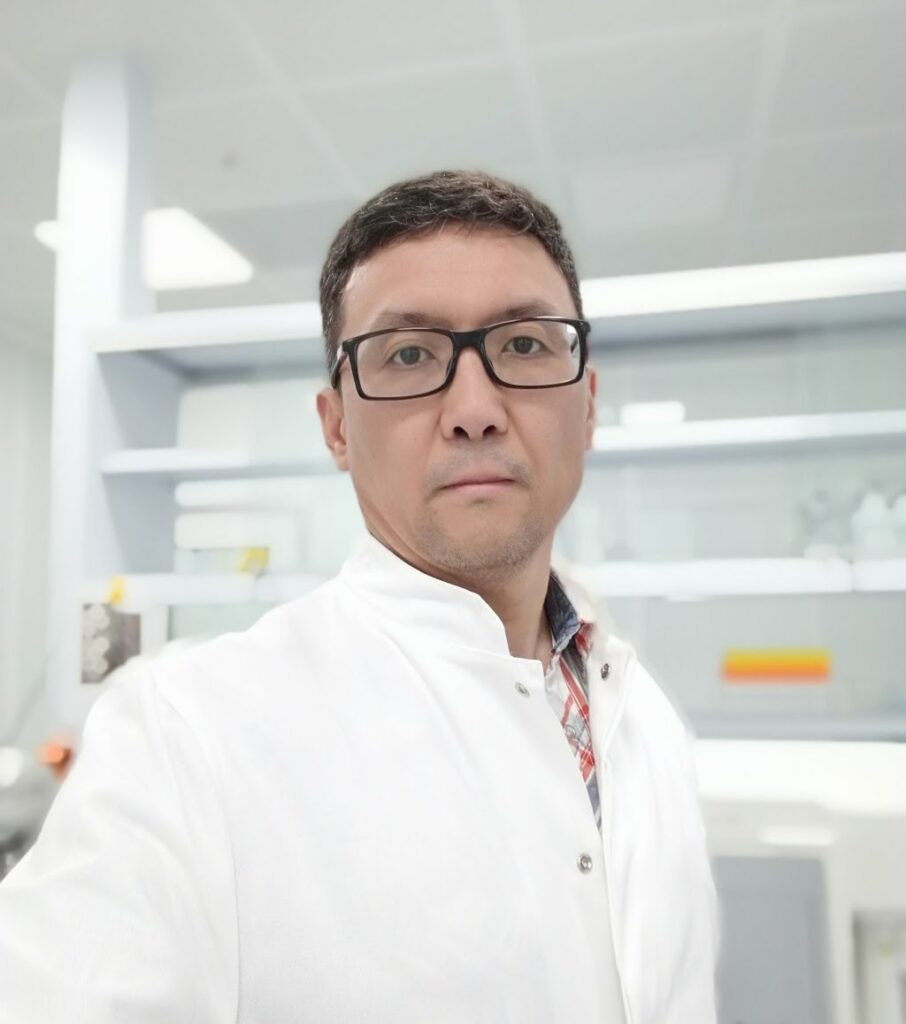Uzbekistan Ratifies Agreement to Establish CIS Russian Language Organization
Uzbekistan has ratified an agreement to establish an international organization in Russia under the auspices of the CIS. The agreement was signed at the CIS Heads of State summit in Bishkek on October 13, 2023. The organization's goals and objectives include supporting high-quality Russian education, facilitating the training of teaching and research staff in “Russian Language and Literature” and “Russian as a Foreign Language,” and creating a personnel reserve of specialists in this field. In addition, the organization will strengthen comprehensive, mutually beneficial cooperation between the CIS countries in supporting and promoting the Russian language as a language of interstate communication. Its activities will rely on friendship, good neighborliness, interethnic harmony, trust, and mutual understanding. In Kazakhstan and Kyrgyzstan, Russian is the second official language. In Tajikistan, it is called the “language of interethnic communication.” However, it does not have an official status in Uzbekistan and Turkmenistan. More than 90% of Kazakhstanis know Russian to some degree, while 20% of the population considers it their native language. Meanwhile, those figures for Turkmenistan are 40% and 12% respectively. In Kyrgyzstan, about 44% know Russian and 5% consider it their native language; in Uzbekistan, it is about 50% and 2.7%; and in Tajikistan, 55% and 0.3%.






